Uncategorized
-
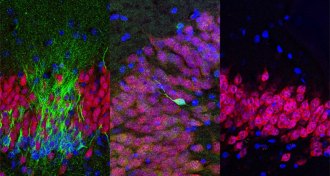 Neuroscience
NeuroscienceThe debate over how long our brains keep making new nerve cells heats up
Adult humans don’t have newborn nerve cells in a memory-related part of the brain, a controversial paper suggests.
-
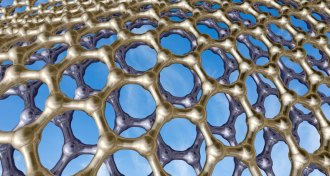 Physics
PhysicsGive double-layer graphene a twist and it superconducts
When graphene layers are twisted to a “magic angle,” the material superconducts.
-
 Health & Medicine
Health & MedicineNewer drugs make hepatitis C-positive kidneys safe for transplant
People without hepatitis C did not contract the disease after receiving successful transplants of infected kidneys along with newer antiviral drugs.
-
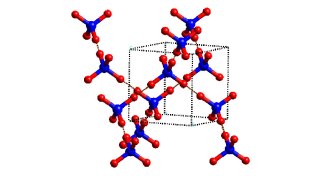 Earth
EarthDiamonds reveal sign of the deepest water known inside Earth
A rare form of ice crystal in the gems could have formed only at the crushing pressures found in the mantle.
-
 Tech
TechOn Twitter, the lure of fake news is stronger than the truth
An analysis of more than 4.5 million tweets discussing false and true stories reveals that in the Twittersphere, fake news gets more views.
-
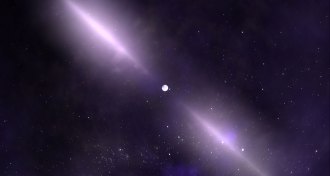 Astronomy
Astronomy50 years ago, pulsars burst onto the scene
Thousands of pulsars have been discovered since the announcement of their detection 50 years ago.
-
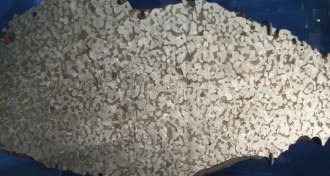 Physics
PhysicsSome meteorites contain superconducting bits
Scientists find materials that conduct electricity without resistance in two meteorites.
-
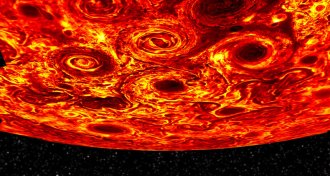 Planetary Science
Planetary Science4 surprising things we just learned about Jupiter
Polar cyclones, surprisingly deep atmosphere and a fluid mass spinning as a rigid body are among the latest discoveries at Jupiter.
-
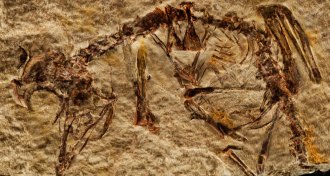 Animals
AnimalsThis baby bird fossil gives a rare look at ancient avian development
A 127-million-year-old fossil of a baby bird suggests diversity in how a group of extinct birds grew.
-
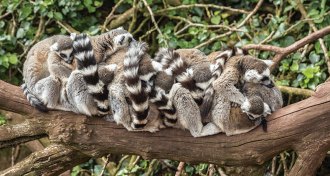 Anthropology
AnthropologyHumans don’t get enough sleep. Just ask other primates.
Short, REM-heavy sleep bouts separate humans from other primates, scientists find. Sleeping on the ground may have a lot to do with it.
By Bruce Bower -
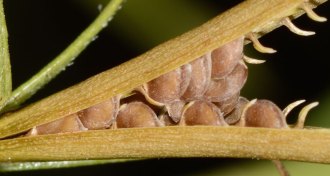 Plants
PlantsThese petunias launch seeds that spin 1,660 times a second
One species of petunia spreads its seeds explosively, giving them a rotation of 1,660 times per second.
By Dan Garisto -
 Ecosystems
EcosystemsWhen bogs burn, the environment takes a hit
Bogs and other peatlands around the world store outsized amounts of carbon. Climate change and agriculture are putting them at risk.